You only pay 30,00% deposit now
200 Hours Hatha Yoga Teacher Training Course in Rishikesh
-
Activities
Yoga
-
Minimum no. of participants
1
-
Suitable for
All levels
-
Accommodation
Hotel, Retreat resort / centre, Yoga centre
-
Length of retreat
20 nights
-
Meals included
Dinner, Breakfast, Lunch
-
Capacity
up to 40 persons
-
Main instructor language
English
Instructors also speak
English
200 Hours Traditional Hatha Yoga Teacher Training Course in Rishikesh India with (an up-leveled curriculum) incorporates a variety of topics. All these topics come under the following heads –
1. Techniques, Training, and Practice -
It incorporates various techniques of Hatha Yoga which students will study in the Yoga Teacher Training Course. They are –
Asana – Postures of Hatha Yoga such as preparatory movements of joints, muscles, and parts of the body, Standing, Supine, Prone - (backward, forward, spine twist), Inversion, and Balance at an intermediate level.
Pranayama – Udar Svashan, Vaksha Svashan, Griva Svashan, Yogic Svashan, Kapalabhati, Nadi Shodhana, Bhramari and Ujjayi.
Mudra – Gesture of hands, fingers, and body to affect the energy in the body.
Bandha – Practices of locking the energy in the body (Jalandhara Bandha).
Satkarma – Practices for purification of the body in Yoga (Jala Neti).
Meditation - Fundamental practices of Yoga Nidra, Yogic breathing with awareness, Fundamental practices of developing awareness, Kaya asthairyam (stillness of body), Awareness of natural breath, Awareness of peace, Antarmouna (inner silence) with awareness of natural sensory responses and awareness of natural thought process and Developing awareness with mantra such as AUM.
Chanting – Chanting and practice of important holy syllables for well-being and auspiciousness in life.
Singing Bowls - Practice of sound awareness and sound experience.
2. Anatomy and Physiology -
Anatomy - Skeleton system (major bones, types of joints, major muscles involved in asana and types of contraction).
Physiology - Nervous system including ‘fight, flight, freeze’ stress response, Vagal theory, Overall mind-body connection, Cardiovascular/Circulatory, Endocrine, Digestive systems as they relate to Yoga practice, Respiratory system including muscles that affect breathing, Involuntary vs. voluntary breath and how air enters and leaves the body.
Biomechanics - Types of joint movement, Joint stabilization, Safe movement as it pertains to balancing, stretching, awareness and physical limitations, Contraindications, Misalignments, and adaptations.
Elective - Additional study on modern physio about bones, joints, muscles, and their movements.
Additional topics - Shared anatomical and alignment principles plus contraindications, Effects of Pranayama on anatomy and subtle body, Complete sequencing of pranayama including alternatives and adaptations, Different types of Pranayama, and Ayurveda tri-dosha basic knowledge.
3. Yoga Humanities -
History – Yoga and its meaning, Historical perspective of Yoga, Yoga in ancient texts, School’s lineage, style and methodology, Important dates and key ideas - Vedic period, Pre-classical era, Classical era, Middle Ages, Hatha Yoga 11 Century, Colonial era, Modern revival - 19th century with Swami Vivekananda and other great saints and Yogis, Veda, Vedanta and Hatha, Historical context of Asana, specific Asana from the school’s lineage, Historical context of Pranayama, Meditation methods by lineage and Ability to practice school’s chosen meditation practice.
Philosophy - Definition of Yoga, philosophy and key terms, Tradition of Yoga, Important scriptures of Yoga, Important Darshan (schools of philosophy), Branches of Yoga (Gyana Yoga, Karma Yoga, Bhakti Yoga, Raja Yoga, Hatha Yoga, Swara Yoga, Kundalini Yoga, Kriya Yoga, Nada Yoga and Mantra Yoga), Brahman and Atman, Yuga (Age) and its characteristics, Individual existence (Sharira Traya, Pancha Tattva, Gyanendriya and Karmendriya, Antahkaran, Triguna, Pancha Kosha, Nadi, Prana Vayu, Chakra and Kundalini), Sad Bhava Vikar (Six modifications of body), Sadurmi (Six waves), Sadripu (Six enemies), Karma, Mrityu and Punarjanma (Death and reincarnation), Mukti, Important topics from Yoga Sutra of Patanjali (Introduction of the four chapters, Anushashan, Chitta, Vritti, Swarupa, AUM and Asta anga of Yoga), Key terms of meditation, Japa, Mantra, Mudra, Relationship between Asana, Pranayama and meditation with reference from Yoga sutra and according to school’s approach, Relationship, message and similarity between Yoga Sutra, Bhagavad Gita and Hatha Yoga Pradipika and Self-reflection on how philosophy relates to practice.
Ethics - Awareness of Yoga Sutras or similar Yogic ethical precepts, Relationship to Yoga Alliance’s ethical commitment, Comprehension of and responsibility to increase equity in Yoga, Accountability measures, Self-reflection on how Yoga ethics relate to practice and Teaching.
Elective - Aum definition, Aum sound, and Inner sound awareness.
4. Professional Essentials -
Teaching Methodology – Sequencing, Pace, Environment, Cueing (verbal, visual, physical), and class management.
Professional Development - Yoga-related professional organizations including the Yoga Alliance credentialing process, Ethical commitment including scope of practice, Code of conduct and equity position statement, Lifetime of learning and continuing education, General professionalism including timeliness, consistency and cleanliness and liability insurance, waivers and invoicing.
Elective - Marketing tools, Online Yoga business, Websites, Promotion, Profession and Career.
Practicum - Knowledge, Skills, Experience across 12 key competencies, Mentorship component including apprenticeship and Feedback.
Additional topics - Complete sequencing (Asana, Pranayama, and Meditation) to achieve a particular effect.
Yoga
200 Hours Traditional Hatha Yoga Teacher Training Course in Rishikesh India is a fully residential course systematically designed with theory as well as practical classes.
- Hatha Yoga
The daily schedule for the 200 Hours Traditional Hatha Yoga Teacher Training Course is tentative and subject to change according to need. All classes are held for 6 days in a week.
6.30 am to 7 am – Herbal tea/Drink
7 am to 8.30 am – Hatha Yoga Asana, Pranayama and other practices followed by Relaxation
8.30am to 9.30am – Breakfast
10am to 11am – Anatomy
11.15 am to 12.15 pm – Yoga Humanities and Philosophy
12.15 pm to 1 pm - personal cleaning and Karma Yoga
1 pm to 2 pm – Lunch
3.30 pm to 4.30 – Meditation and Relaxation (lecture, practice, and Vice-versa), Professional essentials (teaching methodology, professional development, practicum), and Yoga business tools
5 pm to 6.30 pm – Asana alignment and adjustments (theory and practical training with teaching practices)
6.30 pm to 7.30 pm – Dinner
7.30 to 8.30 pm – Kirtan, Chanting and video show etc. (optional session)
9 pm – Bedtime
Ved Bhoomi Residency is the best choice to stay at Tapovan, in the Yoga Capital of India, Rishikesh. The prime location, nice surroundings, and natural view with easy access to the nearest local market and other daily facilities make them worth staying. Decent rooms, hot running water, needful air conditioning, and other modern amenities are also available on request. Yoga and Spiritual Practitioners are also frequently joining and enjoying our venue to attend regular and drop-in classes.
How to get there
The New Delhi International Airport (IGI) is located around 240 Kilometres from Rishikesh and the Jolly Grant Domestic Airport Dehradun is located around 20 Kilometres from Rishikesh. From both airports cab/car services are available to reach Rishikesh at our school. From Delhi, it's around 6 hours drive and from Dehradun, it's around 40 minutes drive. If you wish we may organize your journey to our school in Rishikesh at a reasonable fair.
Airport
Jolly Grant Domestic Airport Dehradun - 20 km
Hotel, Retreat resort / centre, Yoga centre
Located in Rishīkesh, within 29 km of Mansa Devi Temple and 600 meters of Patanjali International Yoga Foundation, Ved Bhoomi Residency provides accommodation with a restaurant and free WiFi throughout the property as well as free private parking for guests who drive. This 4-star hotel offers room service and a 24-hour front desk. The property is non-smoking and is situated 600 meters from Himalayan Yog Ashram. At the hotel, each room includes air conditioning, a desk, a terrace with a mountain view, a private bathroom, a flat-screen TV, bed linen, and towels. Guest rooms include a wardrobe. Ram Jhula is 1.9 km from Ved Bhoomi Residency, while Triveni Ghat is 4.8 km away. The nearest airport is Dehradun Airport, 20 km from the accommodation.
- Free wifi
- Linen & towels provided
- Air conditioning
- TV
- Restaurant nearby
You will be provided with vegetarian food (breakfast, lunch, and dinner) during the course.
- Dinner
- Breakfast
- Lunch
- Water
- Vegetarian
- Standard / Local



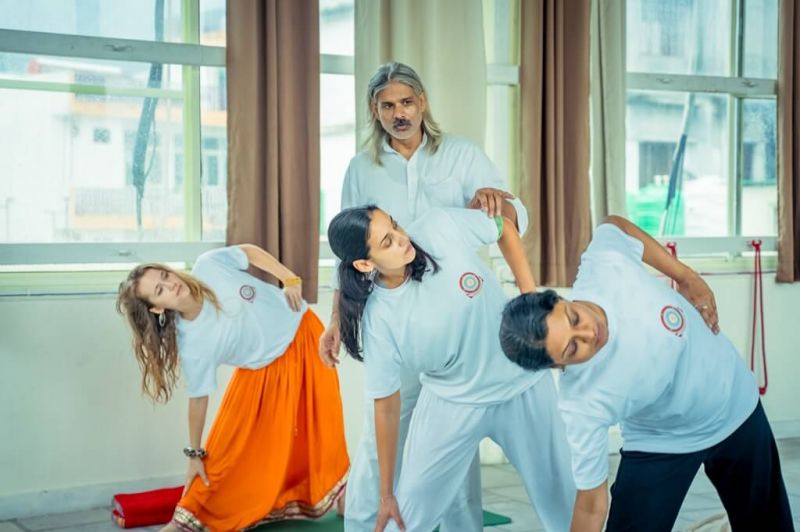

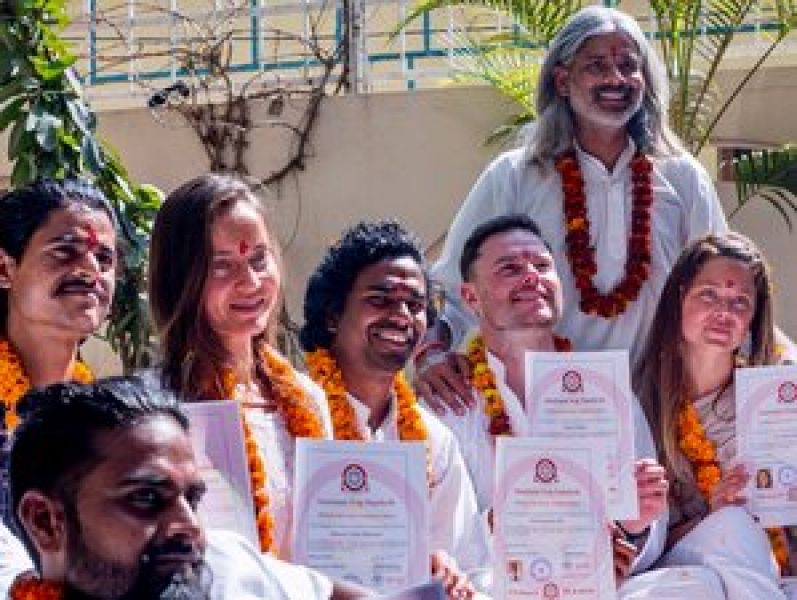
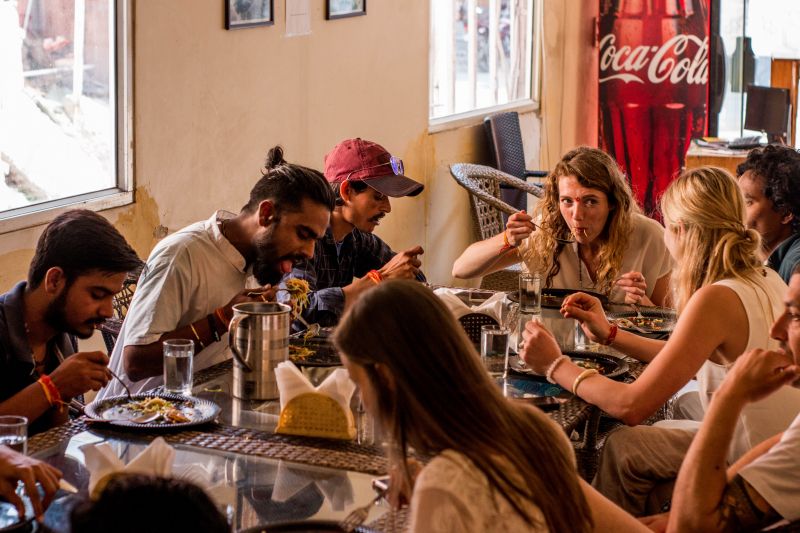

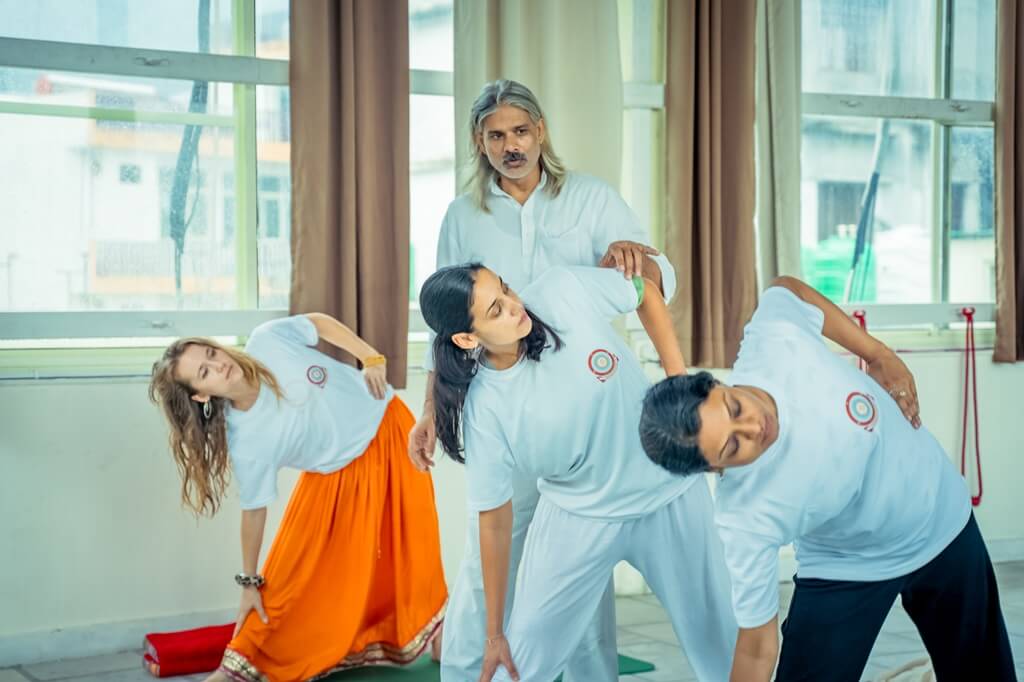
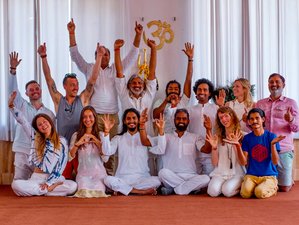
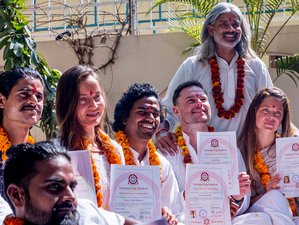
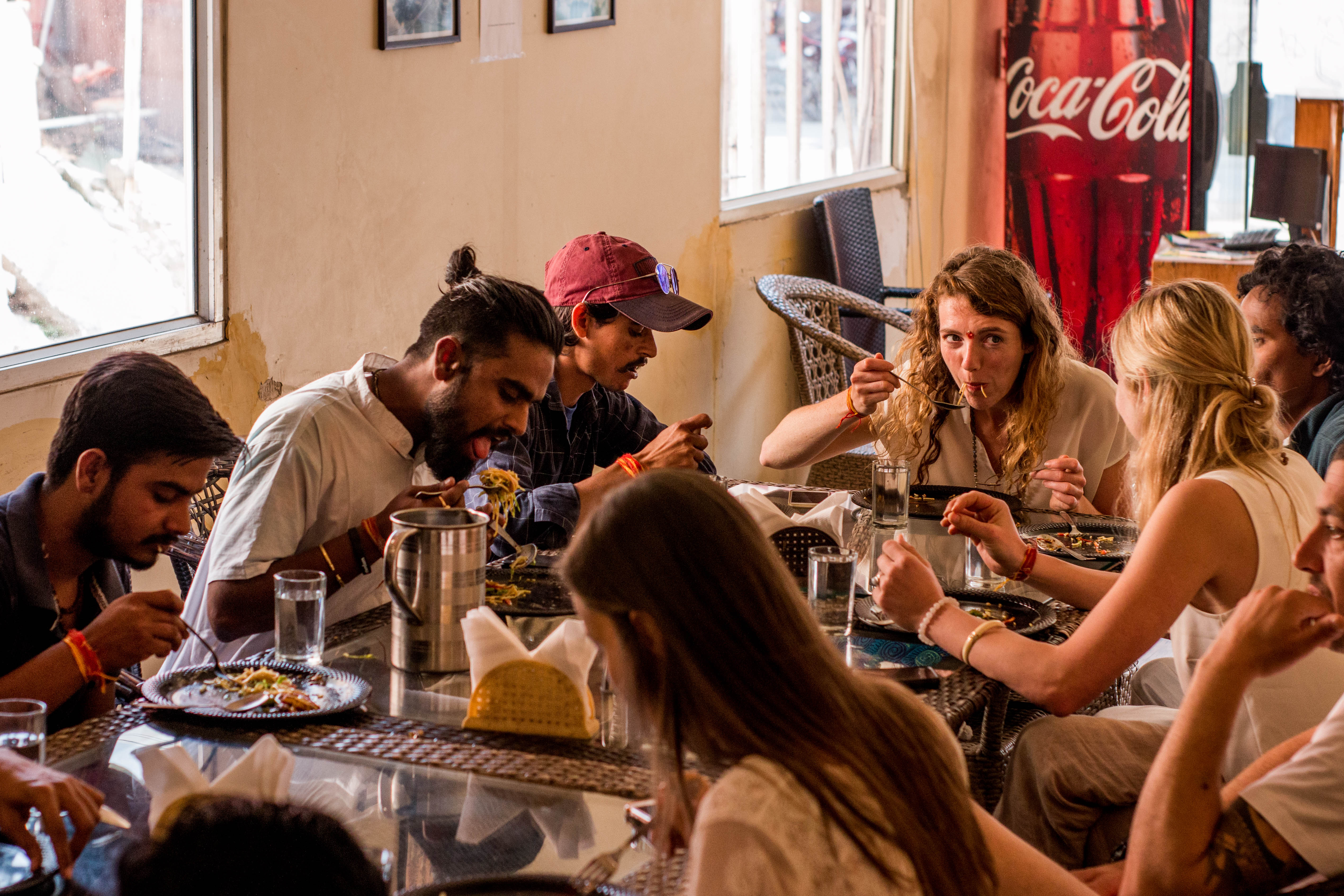

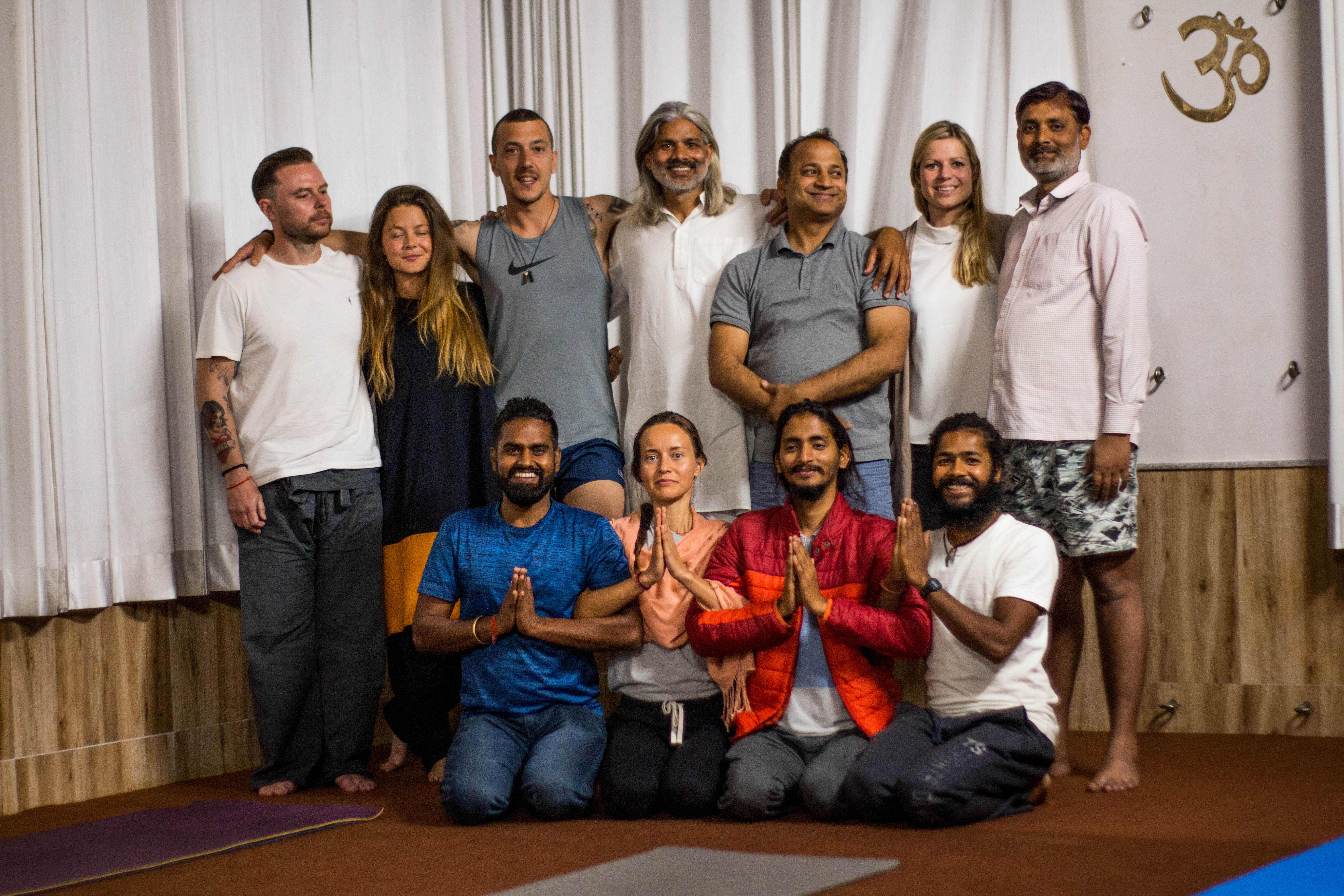



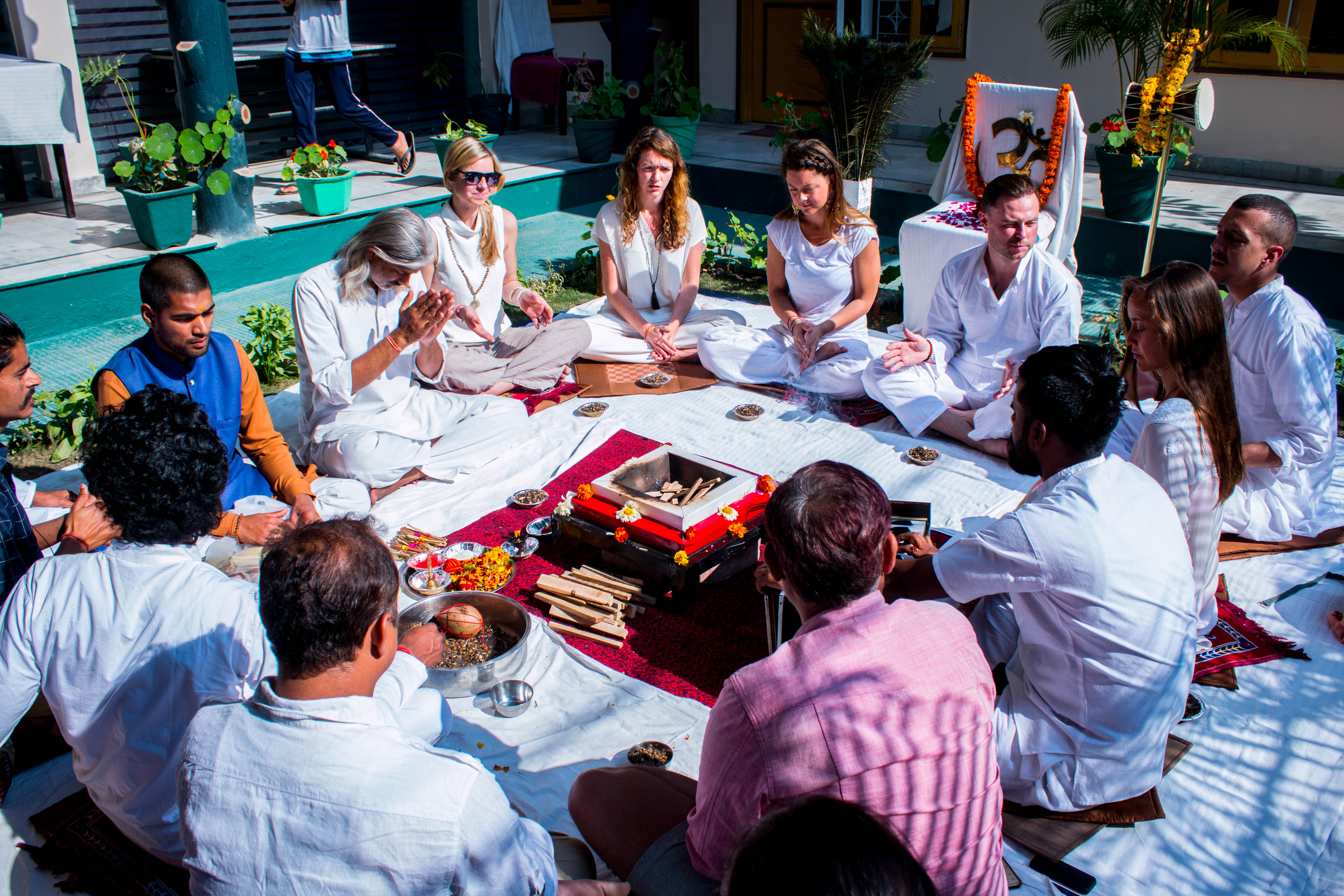
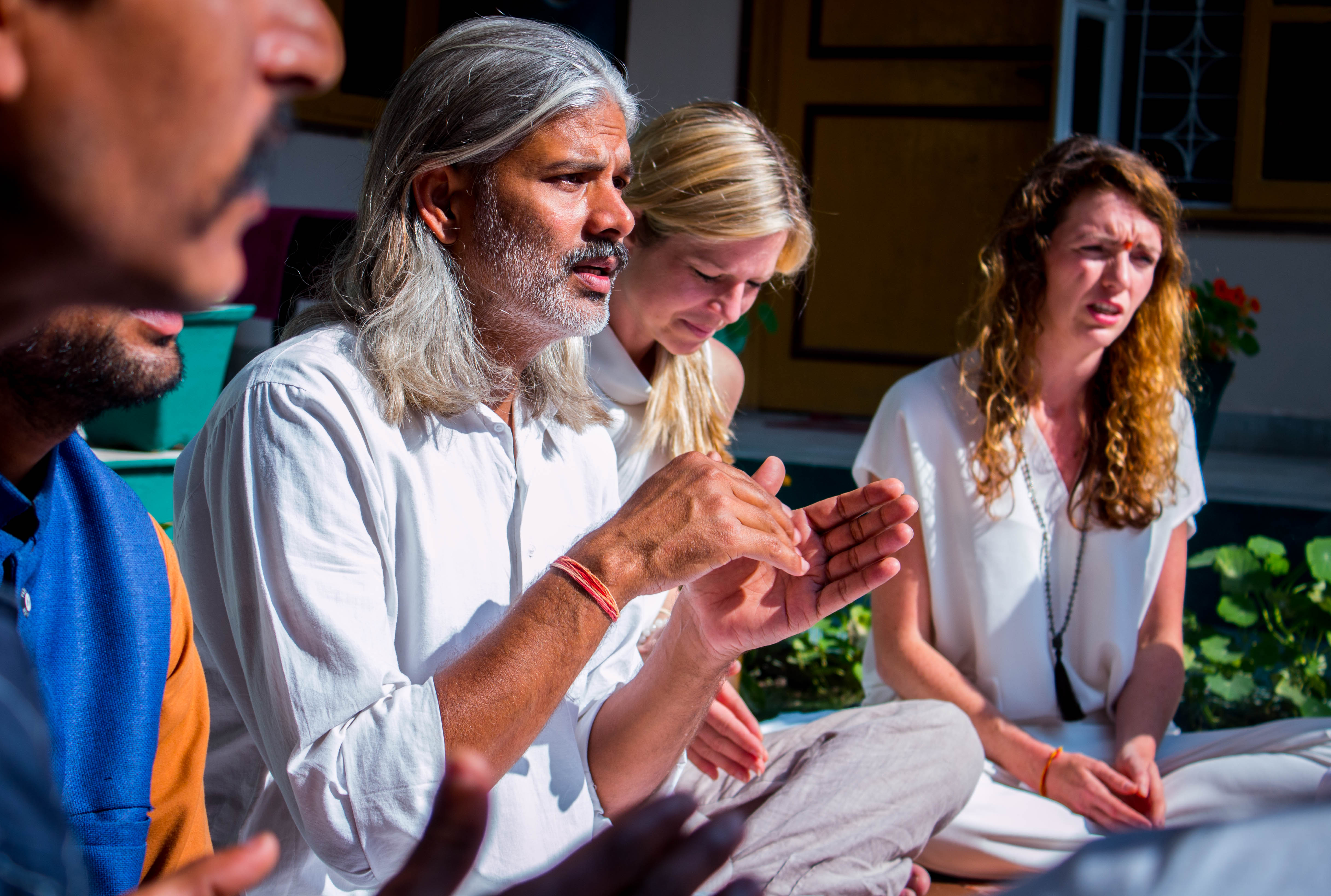
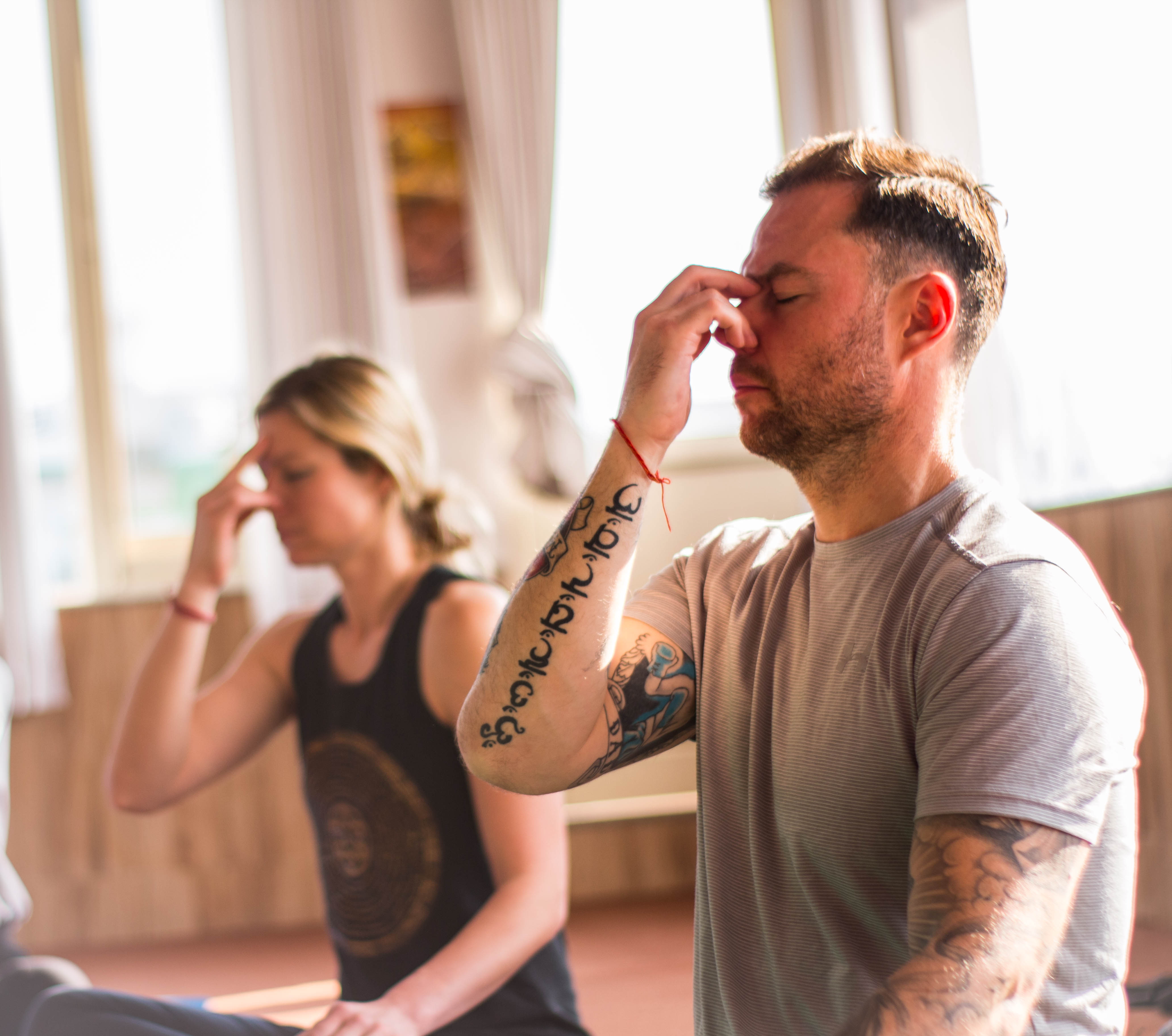
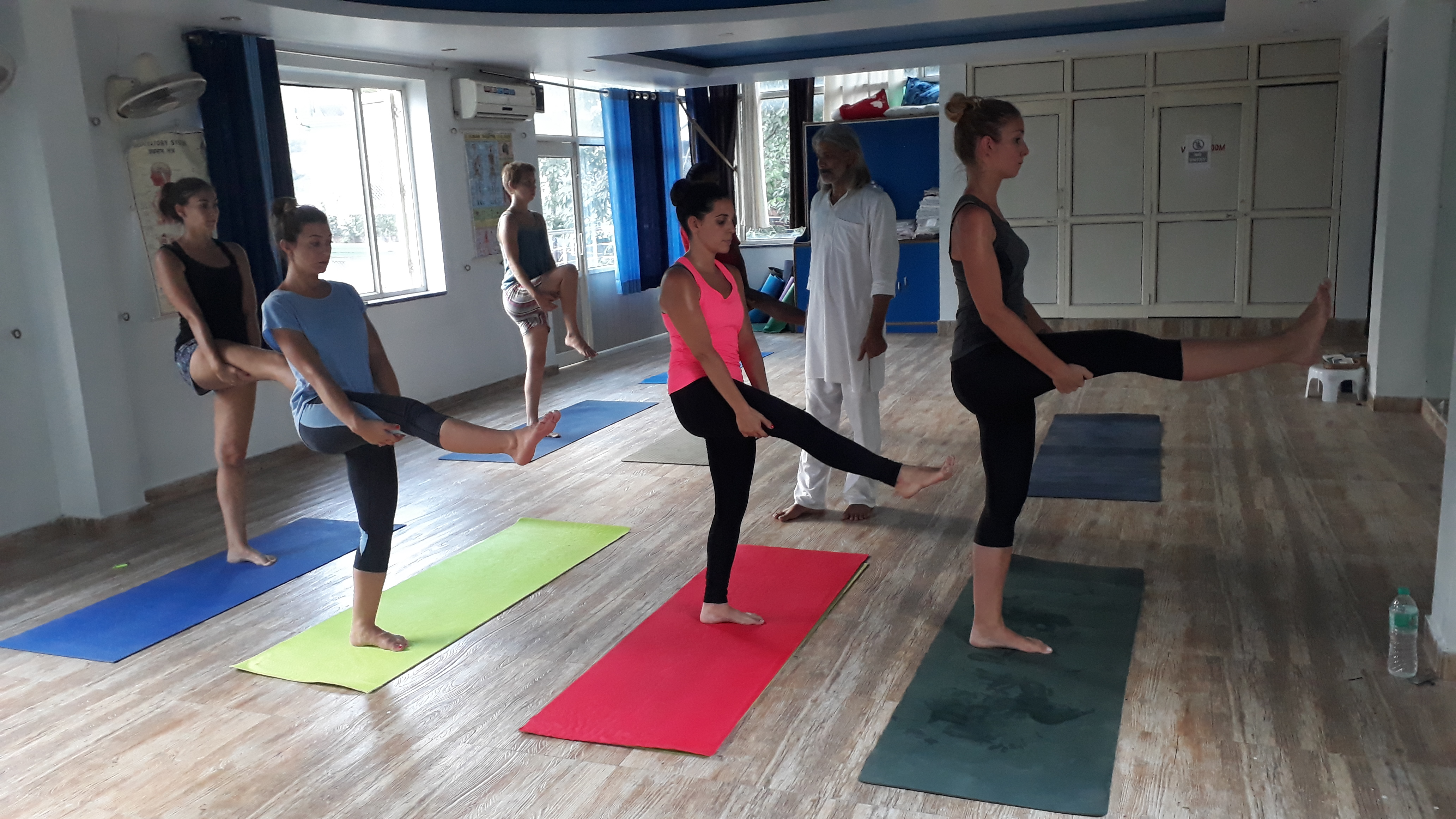
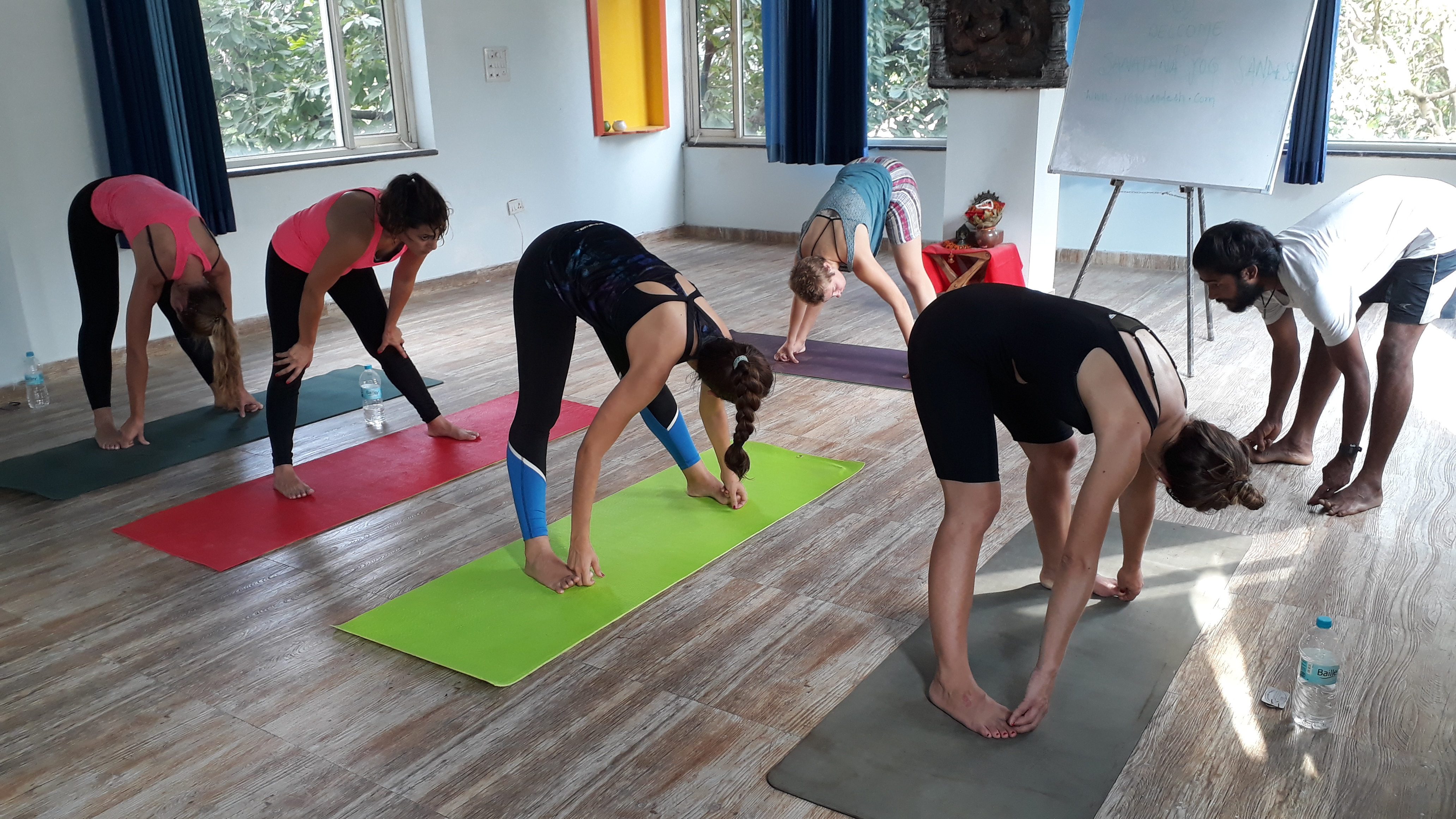

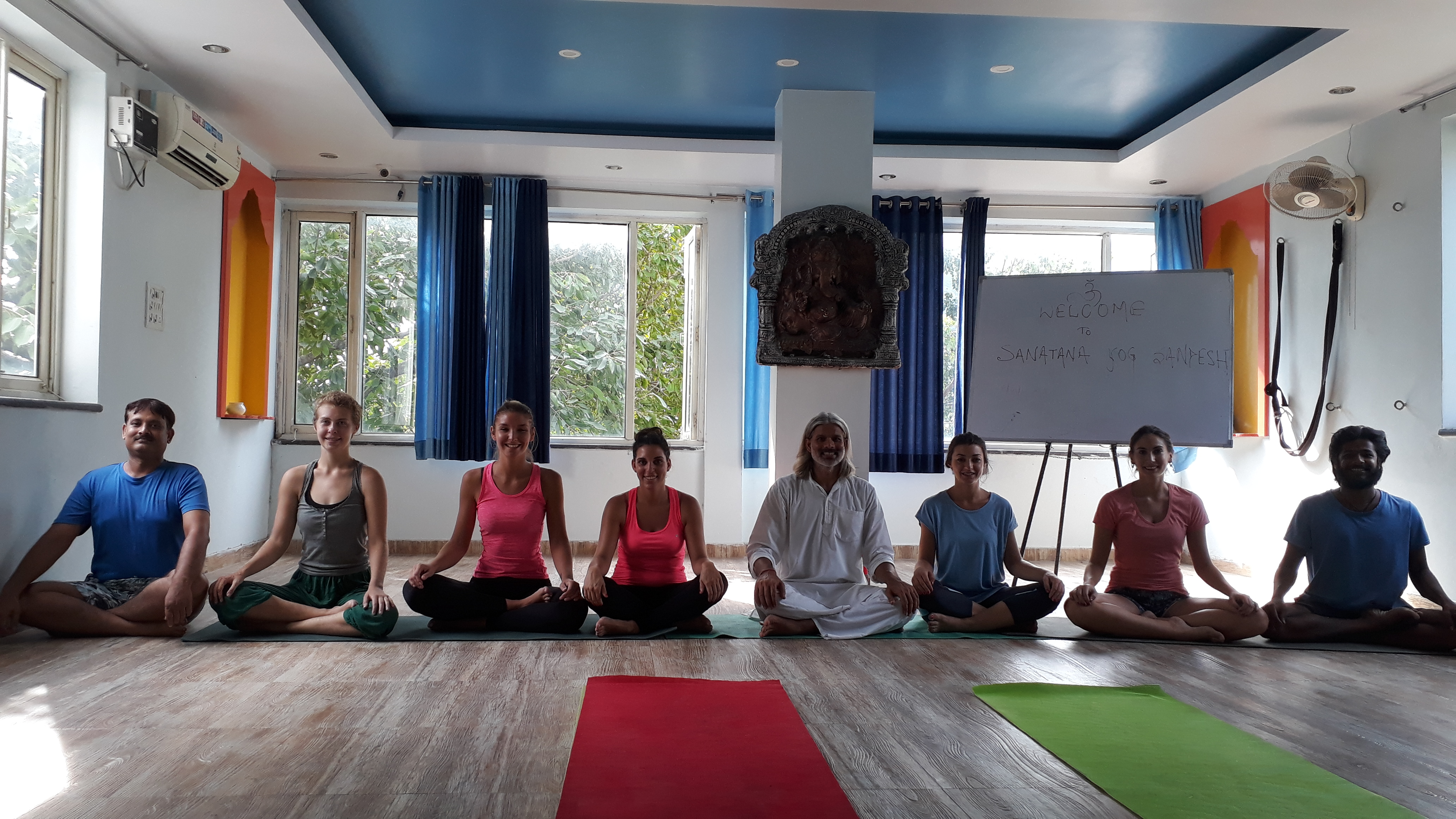
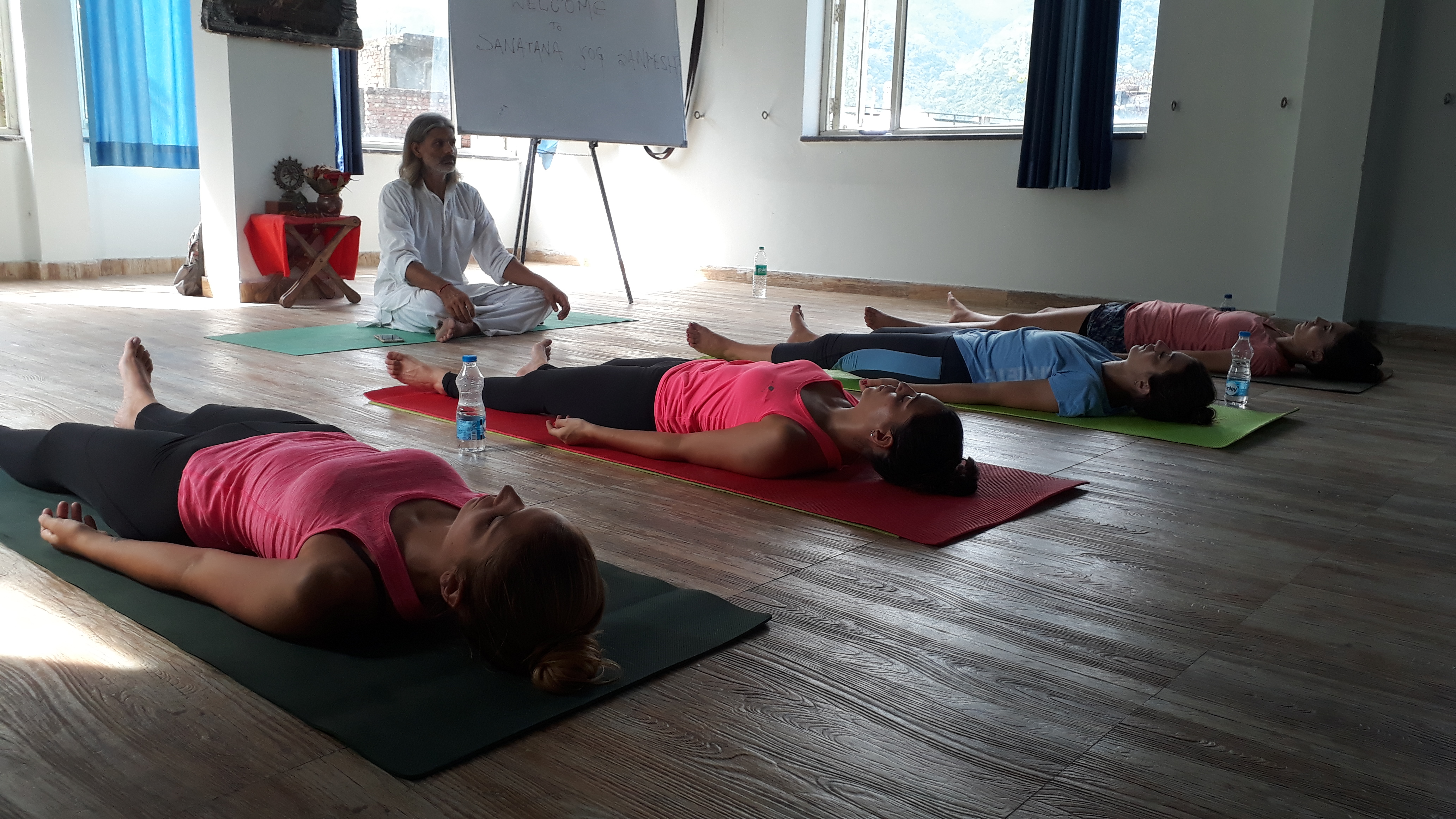
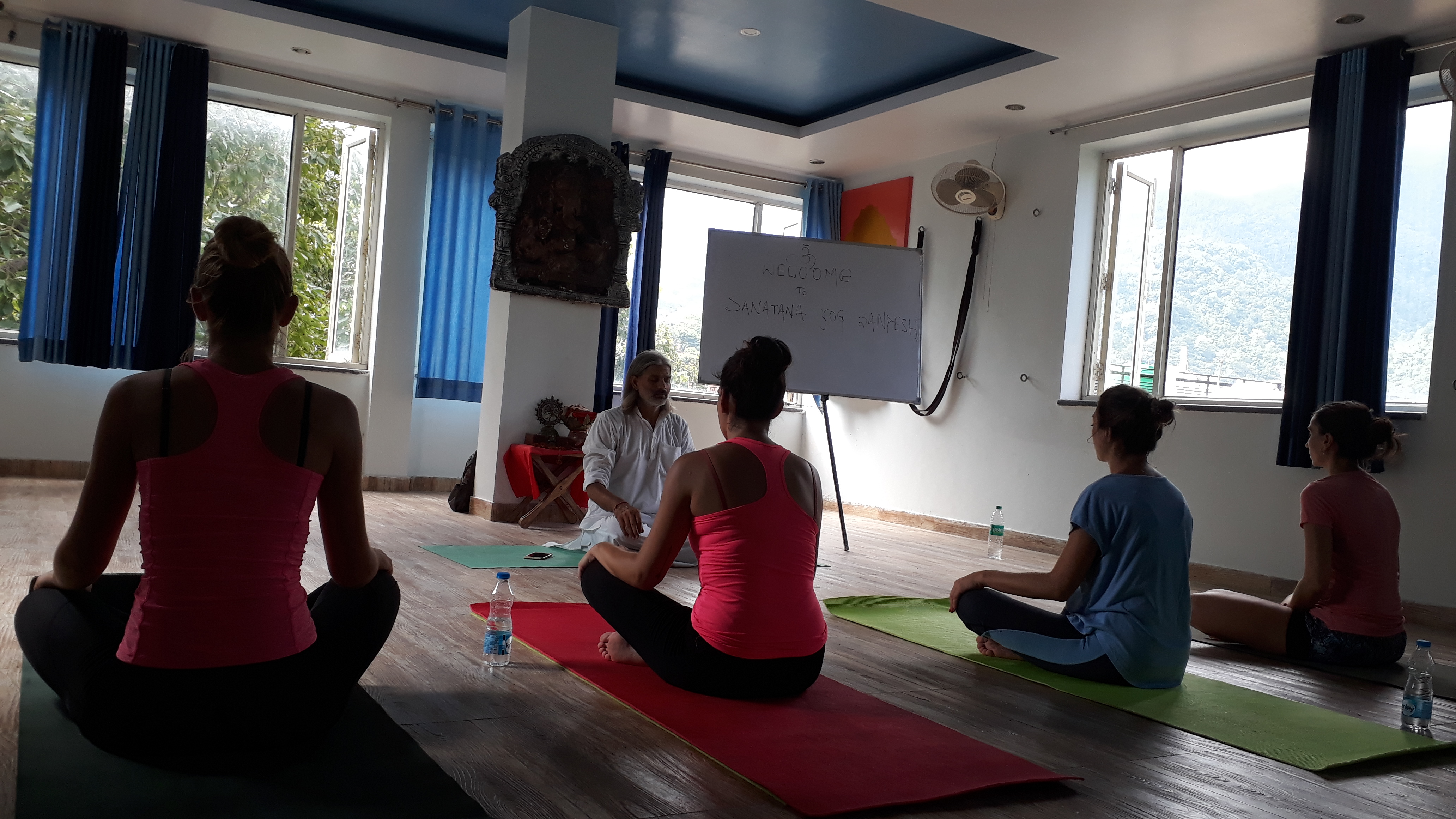

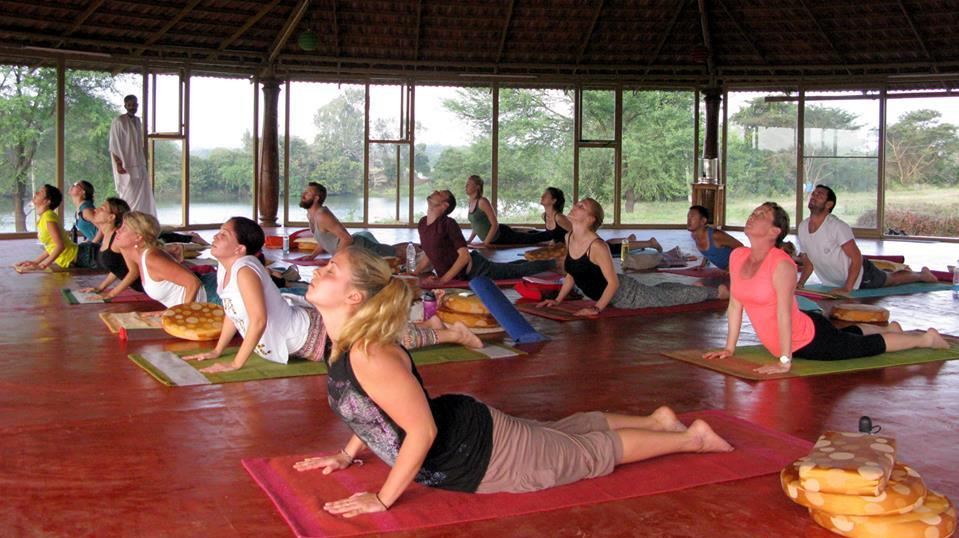
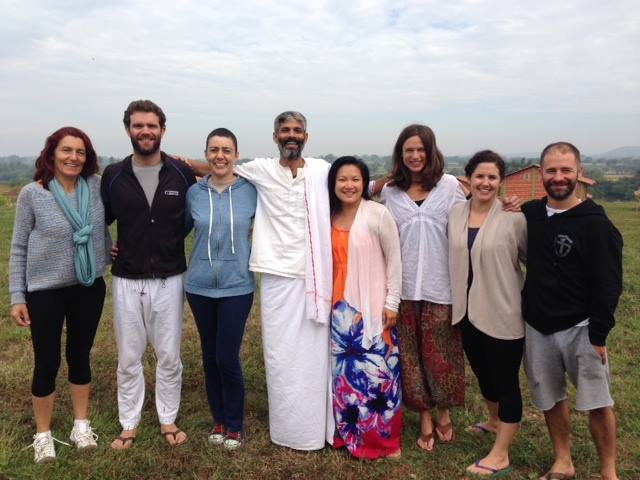
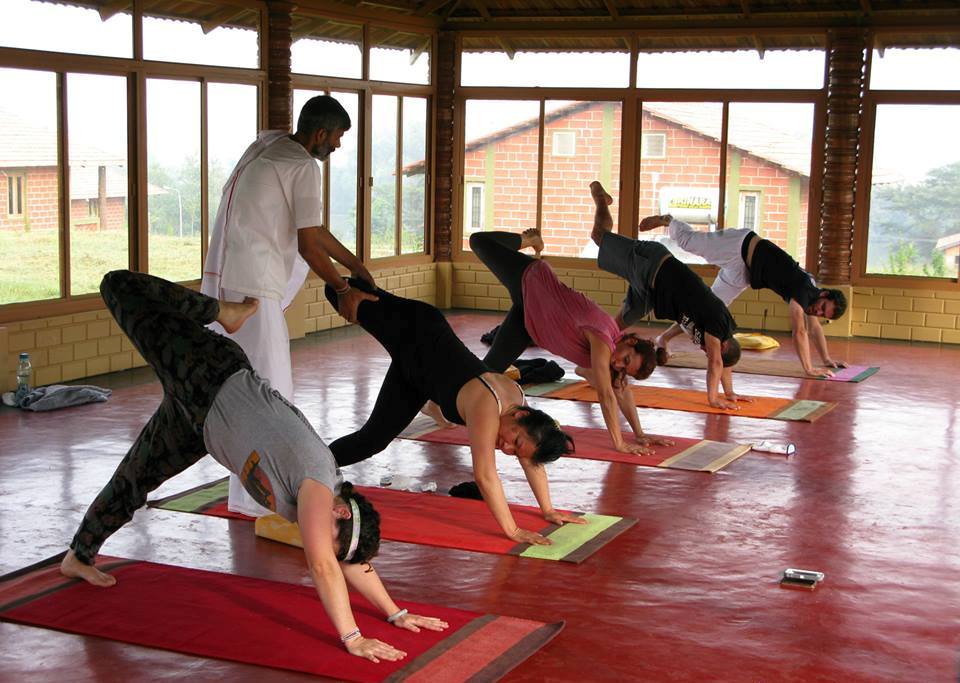

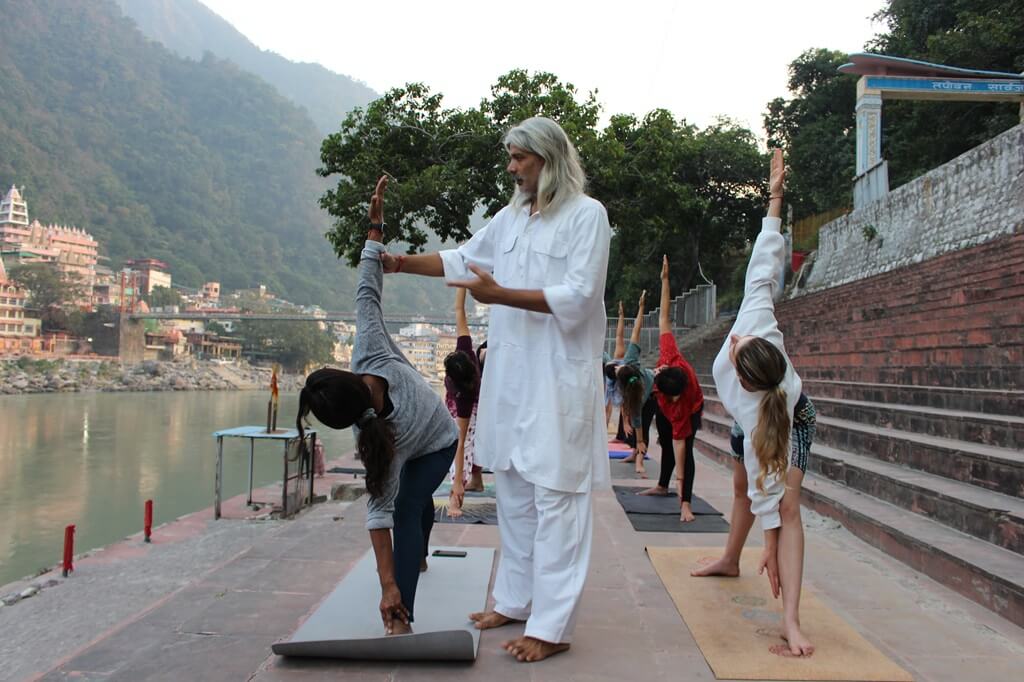

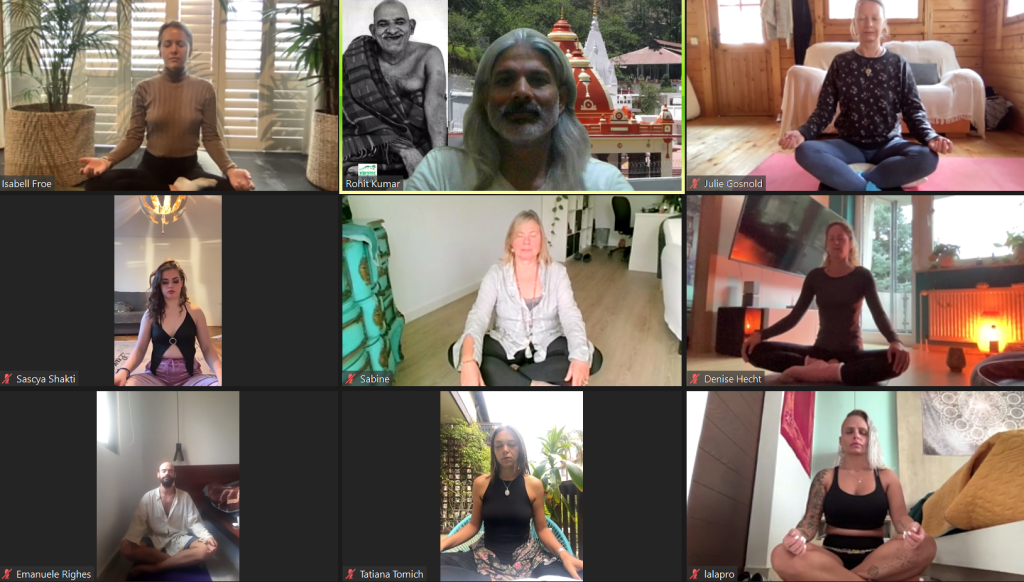


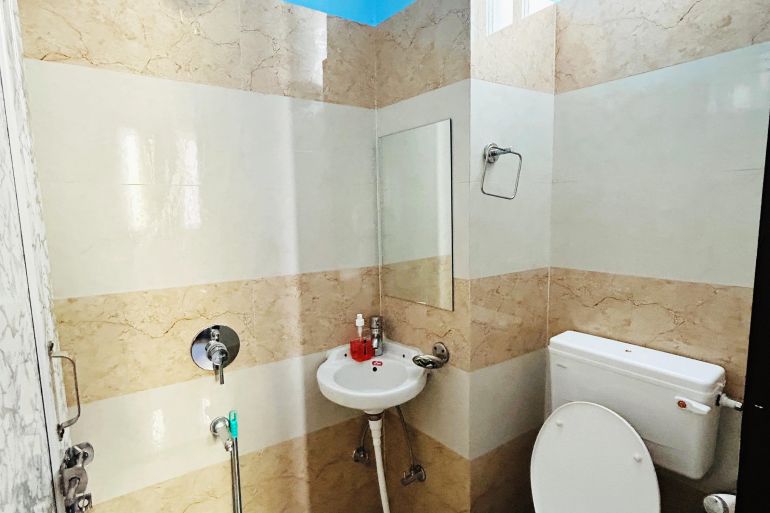
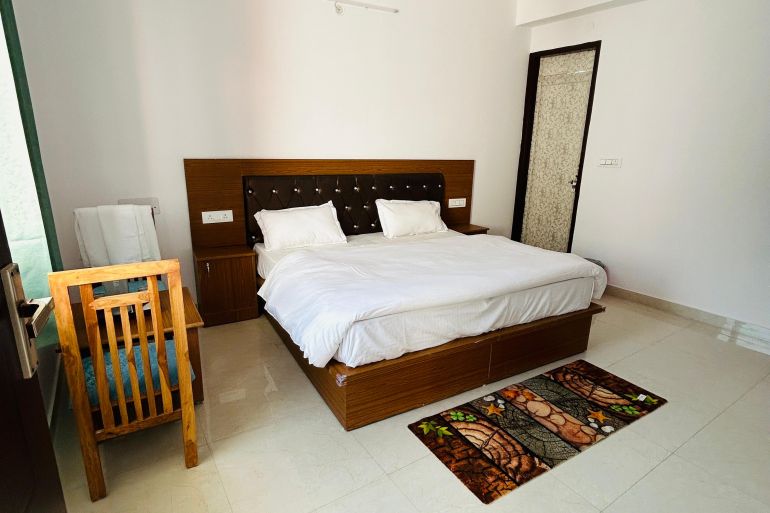
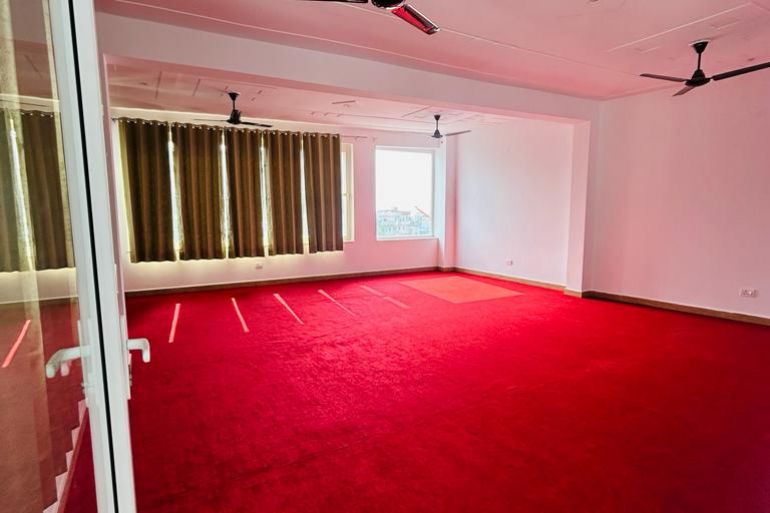

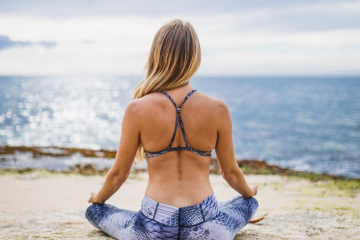

Rohit
Instructor
Rohit Kumar was born in Bihar, India. When he was young, he had many questions about life.
Questions concerning an effective way to achieve balance, maintain peace and have some tangible experience of life.
Being exposed to Yoga and Meditation at a very young age. Rohit gravitated toward Tantra and Yoga. He studied Yoga and also pursued academic studies in college.
He began to see the amazing and profound benefits yoga has to offer as he was studying and practicing yoga.
He gained valuable insight into how to live life in harmony with nature. Inspired by the life yoga gave him, he could not help but share this wonderful knowledge. Filled with Love in his heart, he shares the knowledge from a place of sincerity and compassion.
He has visited several places to integrate the principles of Yoga and its practices. He received most of his teachings in the Southern part of India and in some Asian countries.
While traveling to many countries of the European Union, he experienced how yoga could be implemented into different lifestyles. He witnessed firsthand how yoga therapy could serve many people, no matter their nationality, background or age.
According to the professional standard of Yoga education, he is an ERYT 500 Hours. However, he has studied multiple subjects. Rohit holds a Master's degree in English and Literature. He also obtained a bachelor's degree in Law from an Indian University.
"Yoga helped me in many ways, I would even say that now, I live because of and for Yoga"
"I am nothing more than a Yogabhyasi (Yoga Practitioner), I share all the knowledge I have openly."
Yoga